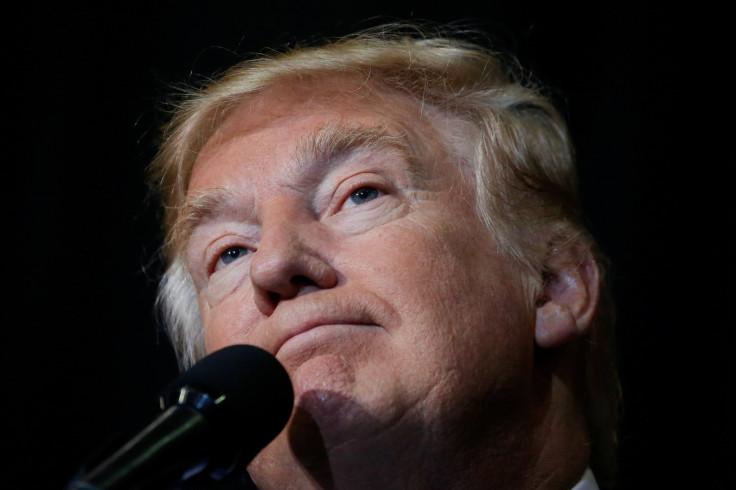War In Europe: If Trump Wins, Will The US Leave NATO? America's Involvement In Alliance In Question

The future of the North Atlantic Treaty Organization (NATO) is officially in flux as Republican presidential nominee looks like he could be poised to pull of a shocking victory against Democrat Hillary Clinton Tuesday night. Trump has been a vocal critic of NATO and has threatened to pull support from the military alliance the United States entered into in 1949.
The New York Times at one point gave Trump an about 70 percent chance to win the election late Tuesday night. Trump made serious waves during his campaign when he suggested that as president he wouldn't help Baltic states in NATO against Russian aggression if they didn't pay their fair share. He said the U.S. bears a tremendous cost by being a member of NATO and the country has to be prepared to let European allies "defend themselves."
"If we cannot be properly reimbursed for the tremendous cost of our military protecting other countries, and in many cases the countries I’m talking about are extremely rich," he said in an interview with the New York Times in July. "Then if we cannot make a deal, which I believe we will be able to, and which I would prefer being able to, but if we cannot make a deal, I would like you to say, I would prefer being able to, some people, the one thing they took out of your last story, you know, some people, the fools and the haters, they said, 'Oh, Trump doesn’t want to protect you.' I would prefer that we be able to continue, but if we are not going to be reasonably reimbursed for the tremendous cost of protecting these massive nations with tremendous wealth."
A New York Times reporter then pointed out that forgetting "the bills," the U.S. was obligated to support the 28 member states under the terms of the alliance. "You can’t forget the bills," Trump replied. "They have an obligation to make payments. Many NATO nations are not making payments, are not making what they’re supposed to make. That’s a big thing. You can’t say forget that."
These are far from the only such comments from Trump about NATO. The candidate regularly referred to it as "obsolete" and a major burden on the country. Trump's opponent, foreign policy experts and a number of Republicans were all critical of his suggestion the U.S. may not live up to its NATO obligations.
NATO Secretary-General Jens Stoltenberg cautiously waded into political waters after Trump's remarks. "Solidarity among Allies is a key value for NATO," he said in a statement after the Times interview. "This is good for European security and good for U.S. security. We defend one another. We have seen this in Afghanistan, where tens of thousands of European, Canadian and partner nation troops have stood shoulder-to-shoulder with U.S. soldiers."
The cost of Trump's demands of other NATO countries would likely amount to a "significant share of the U.S. defense budget," or hundreds of billions of dollars, wrote Thomas Wright, director of the Project on International Order and Strategy at the Brookings Institution in an opinion piece at Newsweek. That would likely be too big a burden for these nations to bear.
If Trump, in response, lives up to his claim to not defend the other member states, that would effectively bring about the end of U.S. involvement in NATO, since aiding the other nations is at the core of the alliance.
© Copyright IBTimes 2024. All rights reserved.






















